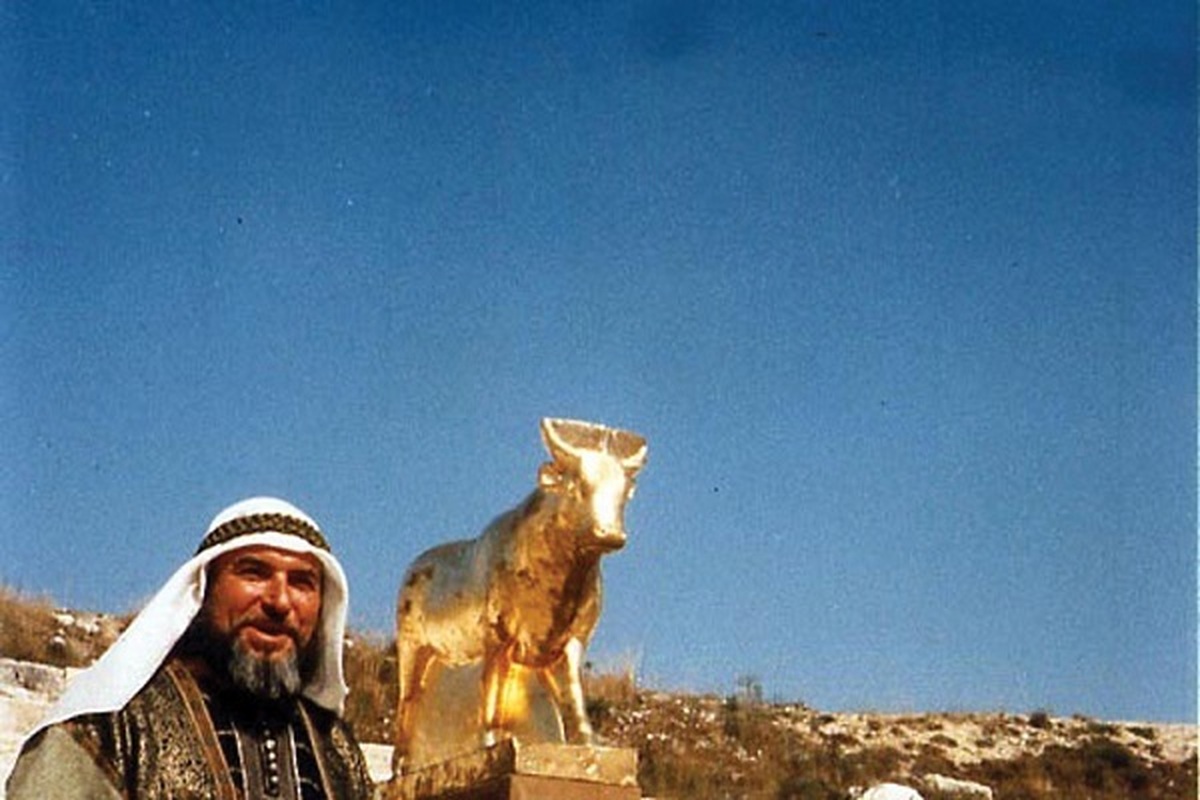Justice in Story of Moses


That is why when the leader of a group acts justly and observes justice, it could help save the group in certain turning points.
A teacher or educator should observe justice in his words, deeds and stances and in his dealings with others. He or she should not consider any privileges or rights for anyone unjustly. Some people trample upon rights for the sake of their friendships and ties. There are others, though, who do not consider friendships and kinship on the path of the truth and never violate rights.
Prophet Moses (AS) was one these people. He was planned to be away from his people for 30 days and then ten days were added to the original 30 days. When he was away, many people of the Bani Isra’il started to worship a calf and efforts by Aron, Moses’ brother, to dissuade them failed.
When Moses (AS) returned after 40 days and saw his people worshipping a calf, he got angry and reprimanded his brother: “When Moses returned to his people with anger and sorrow, he said, ‘What you have done in my absence is certainly evil. Why were you hasty about the commandments of your Lord?’ He threw away the Tablets (which contained the commandments of God), grabbed his brother and started to pull him to himself. His brother begged him saying, ‘Son of my mother, the people suppressed me and almost killed me. Do not humiliate me before the enemies or call me unjust’.” (Verse 150 of Surah Al-A’raf)
Religious leaders should not refuse to rebuke officials just because they have kinship or friendship with them. Also, the fact that religion’s enemies may become happy after seeing the punishment of sinners is no justification for not punishing them. Moses (AS) knew that punishing Aron would make enemies happy but he acted based on justice anyway as he thought Aron had acted wrongly.
This was an educational lesson so that the stubborn people would realize the ugliness of what they had done and return to worshipping God.
What Moses (AS) did shows that he would not differentiate between his kinship and others when it comes to implementing justice.
When it was proven that Aron had not done anything wrong, Moses (AS) called for divine forgiveness for himself and his brother.


